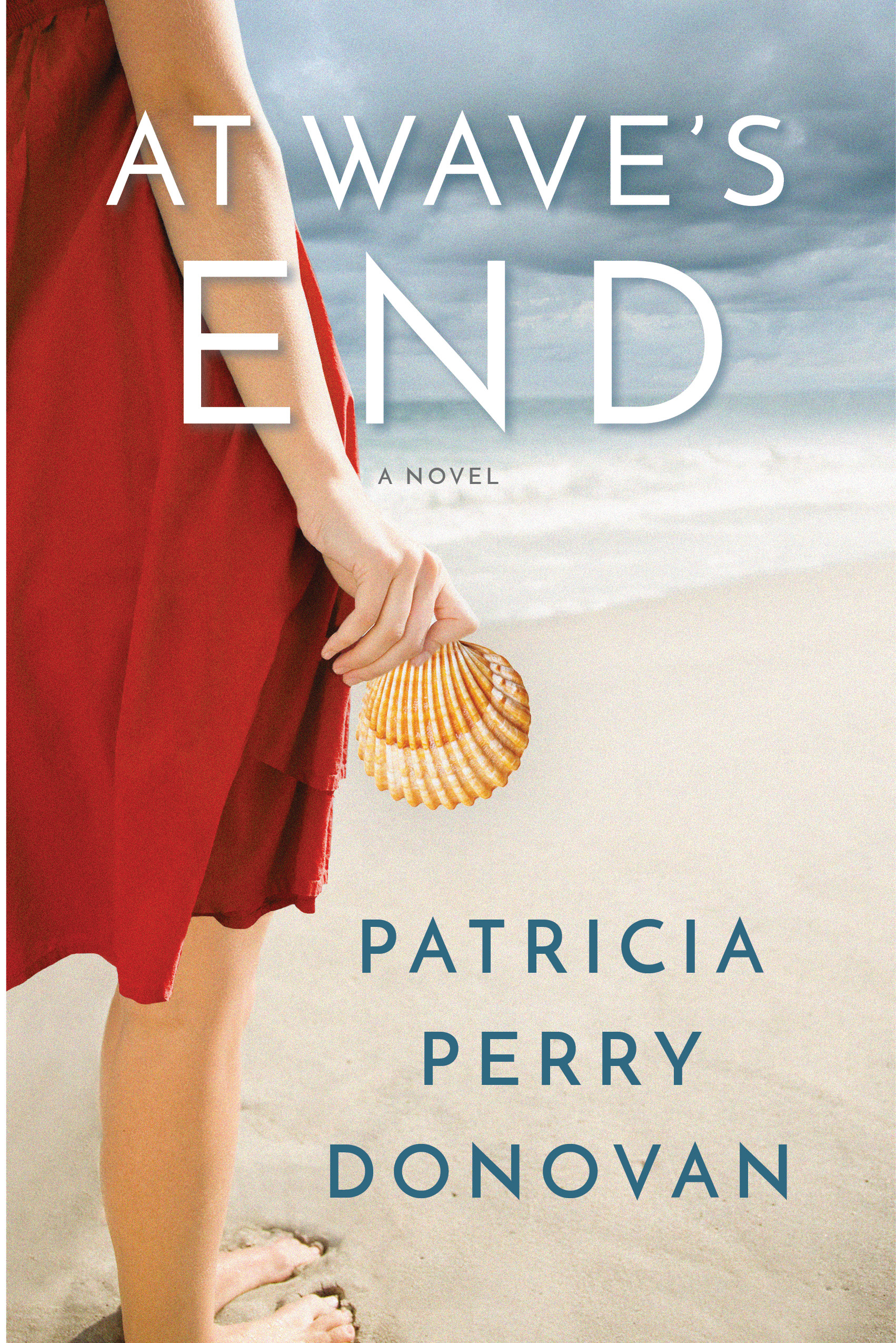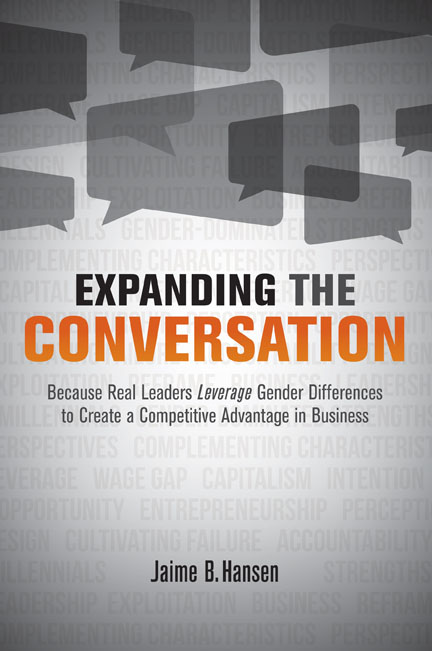To say that author Patricia Perry Donovan is inspiring is an understatement. When disaster strikes we often hear the familiar refrain, “look for the helpers.” Patricia Perry Donovan is a helper. She based her second novel, AT WAVE’S END on her own personal experiences during Hurricane Sandy. After seeing so many families torn apart and displaced by this devastating super storm that happened in her own backyard, she volunteered in any way she could. But this wasn’t the first time Donovan displayed selfless actions, over ten years ago she and her husband started a teen service group to offer volunteer services across the world. She writes “Hopeful Family Dramas,” and AT WAVE’S END is that and so much more!
Tell us the story behind the story. How did AT WAVE’S END come to be?
Three key ideas came together to inspire this book. The major catalyst for AT WAVE’S END was Hurricane Sandy, which devastated the East Coast in October 2012. When the storm hit, I was in the midst of writing my first novel, DELIVER HER. We lost power for about 12 days. In my coastal community alone, more than 500 families were left homeless in the storm’s wake. Fortunately, my home was far enough from the beach to escape damage. In the storm’s aftermath, and for many months afterward, volunteers helped wherever we could: shoveling sand from homes, community cleanup. My husband and I started a teen service group about ten years ago, so of course we found many opportunities to assist.
In the wake of such devastation and the bureaucratic red tape that hindered recovery, it was easy to feel helpless. One thing that was always needed, however, was food, whether for the first responders at the beachfront or for the displaced families who came together to eat at a local church. That’s partly why I placed two chefs at the heart of AT WAVE’S END—that, and my six-year expatriation in Lyon, France, the gastronomic capital of the world, which turned me into a foodie.
As we volunteered, it was impossible not to be touched by the emotions, courage and determination of the storm’s survivors as they coped with their losses and began to rebuild their lives (efforts that continue today). I wrote a few short stories at that time based on my own experiences or stories I heard, which later formed the framework of this book.
Secondly, several years ago, a friend mentioned she was considering entering a “Win a Bed and Breakfast” essay contest for a property in New England. It was the first I’d heard of those contests, which I later learned are fairly common. I tucked this away as a possible story idea; later, I created The Mermaid’s Purse bed and breakfast as a shelter for the storm survivors, and a place for Connie and Faith Sterling to repair their frayed mother-daughter relationship.
Lastly, there had always been a gold moon-and-stars locket in my mother’s jewelry box. Its origins were vague, but I ended up with it and began wearing it a few years ago. People always remarked upon it. I decided to make it part of Connie and Faith’s history.
A note on the book’s structure: AT WAVE’S END is divided into five sections, each named for a common stage of disaster recovery that I learned about during post-Sandy volunteer training: Pre-Disaster, Impact, Heroic, Honeymoon, and Disillusionment. Some experts believe there is a general pattern or cycle of phases that a community and the individuals in it go through from the time of impact of a disaster to establishing a newly reconstructed life. I found this an apt structure for the story I wanted to tell.
What was the most challenging aspect of writing AT WAVE’S END?
Even though the book is primarily Faith and Connie’s story, my greatest challenge was honoring the storm’s survivors and showing sensitivity to their plights. Above all, I wanted readers to feel their strength and courage and not to feel sorry for them. For this reason, I asked some friends who experienced great loss in the wake of Sandy to read my early drafts.
What is the message you want readers to take away from your book?
Ultimately, AT WAVE’S END is a novel of family drama and suspense. But it is also a story of love, loss and recovery. During the most devastating periods of our lives, we often are forced to reorder our priorities, and discover what is most precious. The things (or persons) we can’t live without. I want readers to feel hopeful after reading this book, and to understand that no matter how great one’s loss, whether it is trust or a relationship or material things, life is never so desperate that you cannot rebuild.
Describe your background.
I am currently a journalist covering the business of healthcare (a subject that creeps into my writing). I have a degree in journalism and urban communications, and have made my living as a writer my entire life. I began as a newspaper reporter for a small weekly paper in central New Jersey, then segued into corporate communications. Following that, I spent about fifteen years as a technical writer and editor in the IT field before returning to journalism in 2004. In 2010, I began taking classes in fiction writing as a lark, and found that I thoroughly enjoyed it. Some of the short stories I wrote at that time were published in literary journals.
Interestingly, I never set out to write a novel. However, in 2012 I won a novel-pitching contest on the basis of twenty or so pages I had written. Since my prize afforded me a consultation with a literary agent, I needed to come up with a completed manuscript. I spent the next few months writing the story that ultimately turned into my debut novel, DELIVER HER.
Describe your writing schedule. Do you outline? Any habits?
Typically, I rise early and try to write for a few hours. I try not to edit myself too much in the early stages but go back and edit once I have a solid draft. As far as habits, I start the day by reading the last page or two that I wrote the previous day to get back into that mindset. As my writing career progresses, there are many distractions: social media, proofreading galleys, perfecting pitches for future novels. I devote about 30 minutes each morning to social media. But the ideal I strive for is to block out everything else and write 1,500 to 2,000 words each day.
And on the “pantser or planner” question, I aim to be somewhere in the middle. For my first book, I spent several weeks creating an extremely detailed outline. Once I started writing, however, I never even looked at it! I learned I am a “seat of the pants” writer at heart. However, being under contract, looming deadlines don’t permit me to stray too far off course. So now, I work from a very high-level outline, but allow the story and characters a certain amount of leeway, letting them guide me but periodically reining them in. I do pause periodically to read and take stock of the story, recalibrating if necessary, but with a firm eye on the calendar!
What books are on your nightstand? What are you currently reading?
Of course, topping my TBR pile are the July and August releases from my fellow Lake Union authors: THE COMFORT OF SECRETS by Christine Nolfi, THE TRUTH WE BURY by Barbara Sissel, MRS. SAINT AND THE DEFECTIVES by Julie Lawson Timmer, and A BEAUTIFUL POISON by Lydia Kang.
Also in queue is BEARTOWN by Fredrik Backman. I recently devoured MY GRANDMOTHER ASKED ME TO TELL YOU SHE’S SORRY and A MAN CALLED OVE. I’m a devotee of his character development.
Finally, I’m dipping in and out of MY BRILLIANT FRIEND, the first in Elena Ferrante’s trilogy. Her books require a particular mindset.
Which authors inspire you?
See Fredrik Backman above. I’m also in awe of Anita Shreve and Elizabeth Strout. Early on, I envisioned AT WAVE’S END as a series of linked stories a la Elizabeth’s OLIVE KITTERIDGE. I still aspire to write that sort of novel one day. Also, I’m currently analyzing Lisa Scottoline’s books. She is a master of suspense, instantly drawing her readers into her stories. I’m trying to learn from her.
What have you learned from this experience?
Many, many things! First, that you are never too old to try your hand at something new, and discover a new passion. That it IS possible to write a novel, word by word, paragraph by paragraph. That I should try not to be discouraged by negative reviews or other writers’ success, and instead remind myself that I HAVE WRITTEN BOOKS. That I should be receptive to ideas from talented editors, but that ultimately, the story is mine to tell (and sell!). That there is nothing more exhilarating than occasionally ceding control to your characters and watching where they will take you. (It’s a bit like using a Ouija board.) That book reviews matter for authors, and I should try to write a review for every book I read, even though I find that process a bit intimidating.
What is your advice for aspiring writers?
Clichéd, but put yourself in the chair. Make writing a priority. Find time every day to write, even if it’s only a few paragraphs. Good writing takes practice. Find a writing partner or writing group to critique your work. It’s tempting but ultimately very isolating to write in a vacuum.
Also, read as much as possible. Read outside of your genre if you can bear it. Read about the craft of writing. (Stephen King’s ON WRITING: A MEMOIR OF THE CRAFT is required reading for all writers!) And please, please, please: write reviews for those authors. Even one sentence matters. You can ask them to do the same for you one day once you’re published.
What are you working on now?
Besides ramping up for AT WAVE’S END publication, I’m polishing synopses and early chapters for two forthcoming (fingers crossed!) novels of family drama and suspense. The first centers on a case of medical identity theft, and the second on a teenage volunteer who goes missing while on a school service trip to Central America.












